REAL LIFE STORIES
A new diagnosis of diabetes can be overwhelming. Family and friends of someone diagnosed with diabetes may also be affected. Here are some real stories from patients and others, and their advice — from one real person* to another.
*Disclaimer: These are stock photos and are not photos of patients or others affected by diabetes. However, their stories are real.
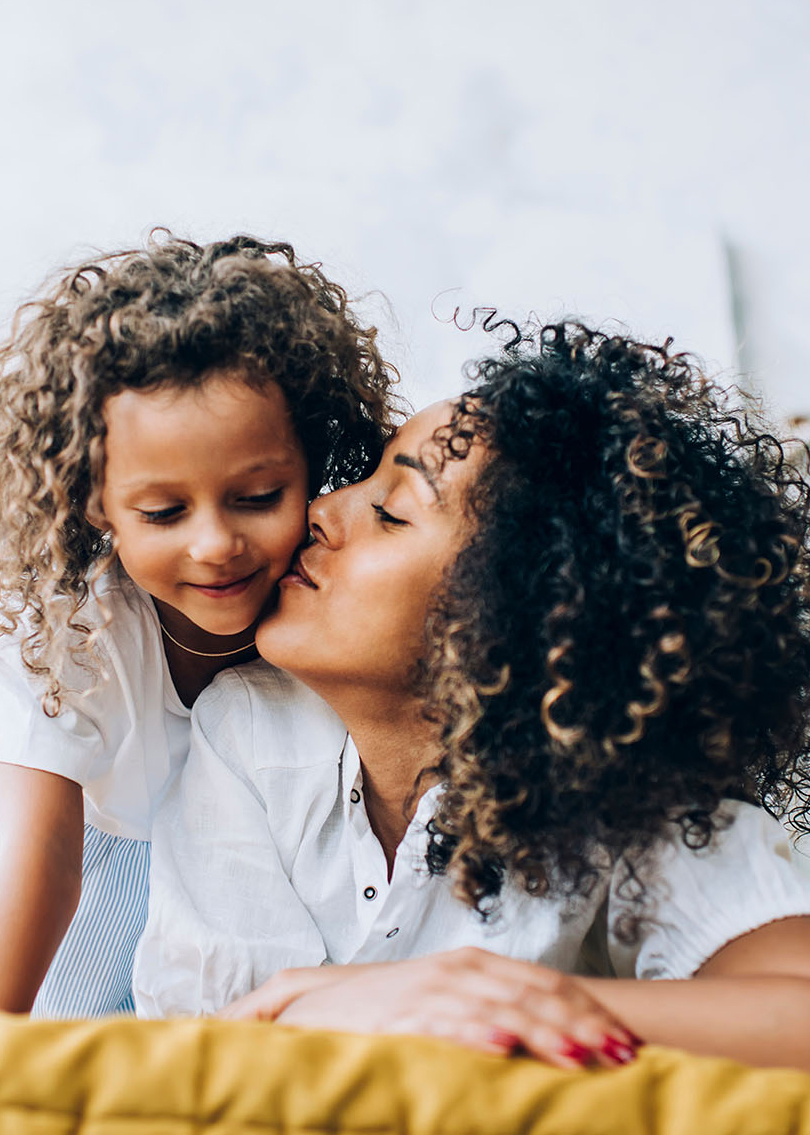
From Science to Art
An Essay by a Diabetes Nurse Educator
“I finally understood why I had become a diabetes educator 10 years prior. My 9 year-old daughter began showing symptoms of diabetes. “It can’t be,” I’d rationalize. “It’s the summer, that’s why she’s drinking all the time,” “she’s growing taller, that’s why she looks skinny” or “I’m just being overly anxious because I’m a diabetes educator.” But my worries and fear were confirmed with an A1c of 13.5%…” READ MORE OF THIS STORY BELOW:
Read this story:
Eleven years ago, as relatively new nurse, I was ready to transition from working as an inpatient nurse to an outpatient nurse. Fortunately, shortly after I began looking for a change, there was an opening in the outpatient department of the same hospital I currently worked. “Diabetes nurse” is what they were looking for. I was not a “Diabetes nurse” at that point and I had very little diabetes exposure until then, but I was eager to make the change and learn something new. Thus began my journey as a diabetes educator. With the encouragement and guidance of physicians, nurse practitioners, nurses, and dietitians, I became a Certified Diabetes Educator (CDE) a few years later.
I worked with pediatric patients and shared in their frustrations, struggles, and accomplishments. It was very rewarding to watch my patients grow and mature physically as well as grow in their diabetes knowledge and responsibilities. Over the years as the technology rapidly changed, I showed patients how to incorporate technology into their diabetes management and improve their quality of life. Often parents of my patients would relate to me how they hadn’t slept a full night for years until they got a CGM. I would marvel at their resilience. After 9 years, I decided I wanted to continue my journey as a diabetes educator and started a new position working in an adult diabetes clinic. I learned so much during my first year working with adult patients and all of the diabetes medications used with adults. I felt that I was finally a well-rounded CDE.
Then a little over a year later, I finally understood why I had become a diabetes educator 10 years prior. My 9 year-old daughter began showing symptoms of diabetes. “It can’t be,” I’d rationalize. “It’s the summer, that’s why she’s drinking all the time,” “she’s growing taller, that’s why she looks skinny” or “I’m just being overly anxious because I’m a diabetes educator.” But my worries and fear were confirmed with an A1c of 13.5%. The prior 10 years working as a diabetes educator flashed before me. The fear I saw in those parents’ eyes I worked with were now in my eyes. I tried my best to switch on the calm diabetes educator in me as my daughter and my family adjusted to the new diagnosis. In the hospital the nurses told her she would need to test her blood in the middle of the night in the beginning, and I whispered to her, “Don’t worry sweetie, you will have the Dexcom so you won’t need to.” I put a Dexcom on her as we waited to be discharged and started on our family diabetes journey.
One thing I found working with pediatrics was how resilient kids are, and my daughter was no different. Prior to her diabetes, she had a terrible fear of needles, and now she matured literally overnight and rose incredibly to the challenge. In the days that followed her diagnosis, we quickly mobilized with her (private) school to teach them about diabetes. They did not have a nurse on staff but were willing to do whatever needed to be done for my daughter. Amazingly, I even had a power point geared to diabetes in the school setting that I had given a few years earlier in a community school. I had all the tools; now I had to put them to use with my daughter. The clinic and providers I worked with for 9 years now were taking care of my precious newly diagnosed daughter.
She started on the Tslim with Basal IQ less than 2 months after diagnosis and Control IQ a few months after that. As a diabetes educator, I marvel at how far diabetes technology has come in the 11 years I have been an educator. I remember very vividly writing letters of medical necessity for pediatric patients to get CGMs before they were approved in children and now my daughter doesn’t know diabetes without her CGM. Testing 10 times/day and taking shots is something she can’t relate to even though she has type 1 diabetes. The diabetes she can relate to is one of sensors, pumps, adhesive remover, automated insulin delivery, and “low alerts soon.”
After a few weeks of expecting blood sugar perfection initially, I came to the powerful realization that though I had known a lot of the science behind diabetes, I knew little of the art of diabetes. “Wasn’t carb counting an exact science?” I thought. “You either carb count or you don’t, right?” Once I surrendered to the knowledge that I can only do the best I can do and make the most educated decisions possible, I felt more at peace and in control. As I sometimes get caught up in being a Mommy of a type 1, I have to put on my CDE hat and say,” what would I tell my patients in this case?” Now I can relate to my patients on a completely different level and understanding and I hope that my experience makes me a better diabetes educator.
With strong scientific diabetes knowledge behind me, I look forward to mastering the art of diabetes and give my daughter the tools she needs to successfully manager her diabetes until there is a cure for diabetes speedily in our time.
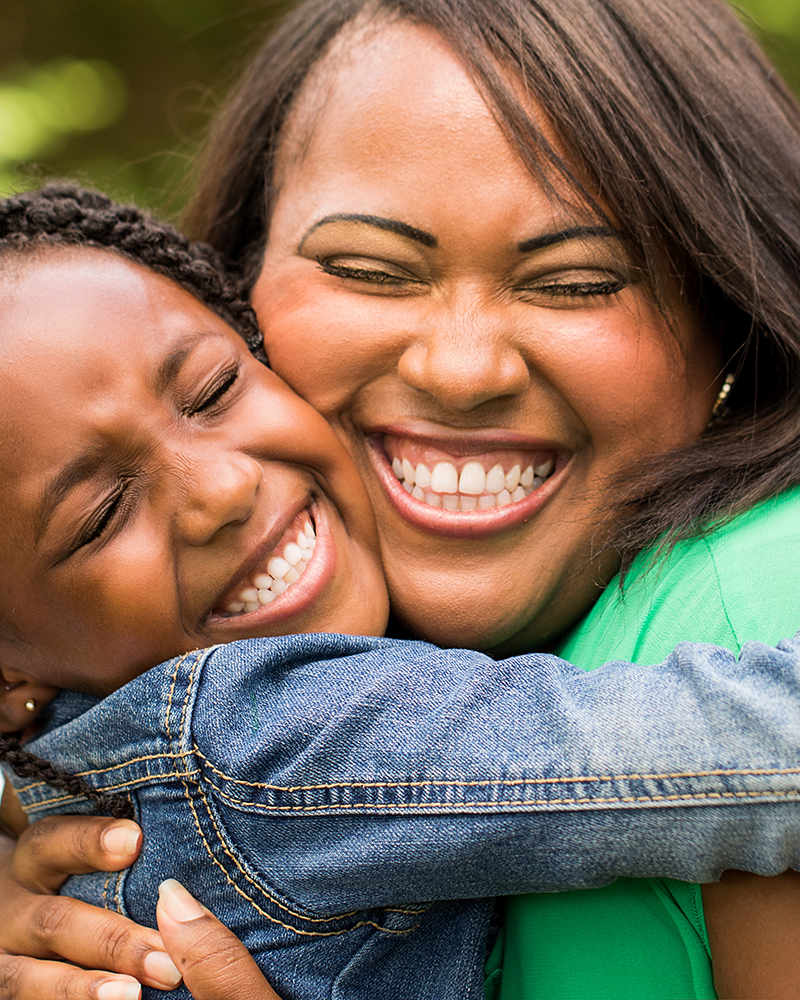
ELLEN’s Story
“Diabetes often comes as a surprise. As a parent, all your hopes and dreams are for healthy and loving children. When you realize there is something not right because your three-year old is constantly thirsty, reverting to bed wetting, and has welts all over her leg from mosquito bites, it becomes all to obvious something is wrong….” READ MORE OF ELLEN’S STORY BELOW:
Read Ellen's Story:
Diabetes often comes as a surprise. Finding out that your young child has diabetes is no exception.
As a parent, all your hopes and dreams are for healthy and loving children. When you realize there is something not right because your three-year old is constantly thirsty, reverting to bed wetting, and has welts all over her leg from mosquito bites, it becomes all to obvious something is wrong. Heading to the pediatrician, hoping you are wrong with what you are fearing is the answer, and then finding out that she has a blood glucose of 814 mg/dl but only trace ketones. That is how our family’s story began on the journey of living with type 1 diabetes. We were given 2 hours to pack a bag and head to the hospital where a bed was waiting for our daughter. My husband was devastated but soon realized that while diabetes is a life long disease, with proper care, it can be managed.
While it was my daughter who is the actual person with diabetes, this disease affected each of us in the family in some way. In the beginning, I assumed the role of caregiver and reverted to my role as a nurse and put on a brave face to help my husband through the initial shock and distress over all the changes we needed to adapt to caring for a 3-year-old with diabetes. In many ways, the tasks of caring for her got us through those initial days.
We had an amazing hospital team that insisted I not only be able to give the insulin injections to our daughter but that my husband did, too. He was hesitant at first but soon became an expert. Our daughter is one strong kid and never fussed or cried at having finger sticks done or insulin injections. We did however have many boxes of cartoon character band-aids that to her seemed to be a necessary part of our routine.
The diabetes educator was very supportive and, in addition to educating my husband and myself, was generous enough to come to the daycare where my child was attending and provide education for the staff.
Going to the grocery store the first time after she was diagnosed was daunting. If I can offer any advice, sit down and make a shopping list of what is needed. Stick to the perimeter of the store and stay strict to your list. After a friend’s son was also diagnosed with type 1 diabetes, I sat down with her and marked all the food containers with the size of each portion, so that when she or her family were fixing his meal and snacks you could see that ½ cup of orange juice was equal to 1 carb serving. I had done this at our house to help out the many family and friends who were so generous with helping us in those first weeks and months after our daughter’s diagnosis.
Many friends are so willing to be there to support you and, by all means, it is important to accept this help to avoid burnout. One friend actually said: ‘I can help you so show me how to take care of your daughter’. What a relief to have a go-to person when I needed to go to the store or run errands. I had a friend offer to take the 3 children so I could get a nap. I had been caring for not only the 3 and 6- year-old, but also a newborn. Early on and before a stable insulin dose was determined, I spent about 20 weeks getting up several times a night to feed the newborn and to check on our other daughter’s glucose a few times a night, for fear of hypoglycemia overnight. My husband had the 6 AM duty before work, so at least I got an hour or two of sleep in the morning.
Balancing our lives with 3 children was not always smooth, but we made every attempt to recognize that while diabetes is a part of our life, family time was a major priority. Our daughter is now 31 years old and is a mother herself. She played lacrosse at the college level and is currently living her life to the fullest with love and health.
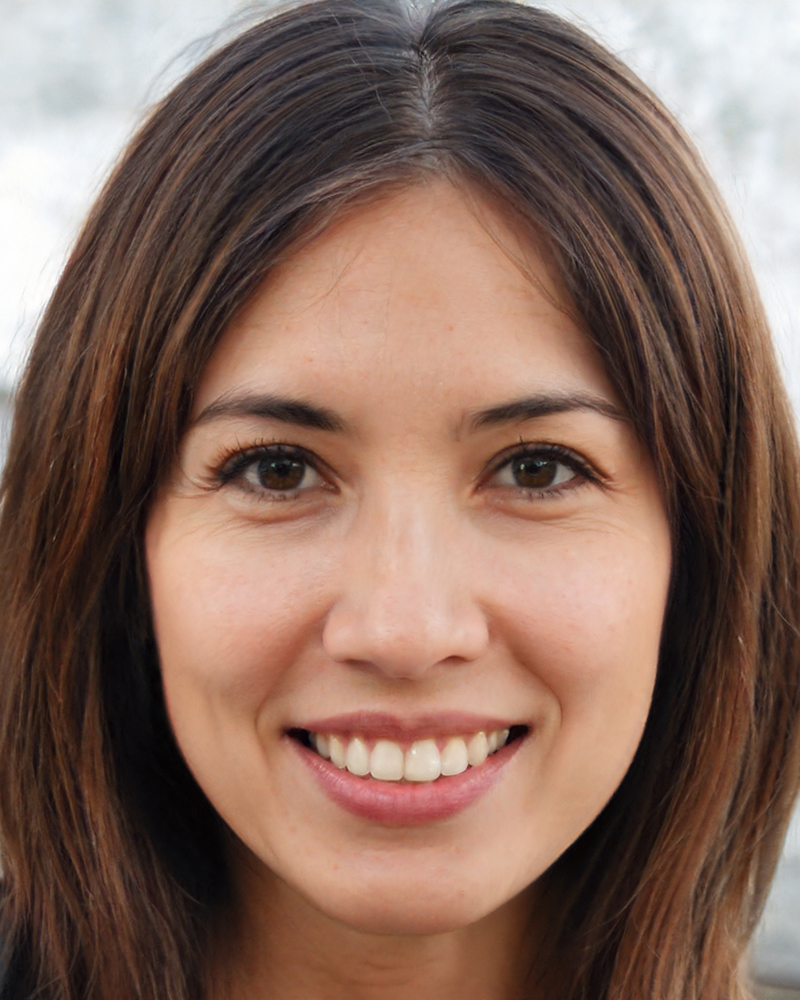
Jenn’s Story
“At 28 weeks (of my third trimester), I was diagnosed with GDM during each of my three pregnancies. My diet changed – during my 2nd pregnancy, I was able to manage the GDM with diet only…” READ MORE OF JENN’S STORY BELOW:
Read Jenn's Story:
When were you diagnosed with gestational diabetes (GDM)?
At 28 weeks (third trimester). I was diagnosed with GDM during each of my three pregnancies.
Did your diet change after receiving the diagnosis of GDM?
My diet changed – during my 2nd pregnancy, I was able to manage the GDM with diet only.
How did you adapt to the dietary changes?
I had small children and was working and had to keep snacks at hand.
Did you need to take medications for GDM at all?
During my 1st and 3rd pregnancies, I needed insulin injections towards the very end.
How did you feel about the diagnosis of GDM?
It was emotionally hard because I was worried about complications. I never had very high numbers. I am not sure if there are degrees of GDM, but fortunately I did not feel my situation was severe.
How often did you have to check your blood glucose after being diagnosed with GDM?
I had to check my blood glucose first thing in the morning, and then 1-2 hours after each meal.
Did the GDM diagnosis affect diet after pregnancy?
I know that I am now at higher long-term risk of developing adult onset type 2 diabetes. I still recall the dietary changes I made when I had gestational diabetes.

Joe’s Story
“I was diagnosed with Type 1 Diabetes at the age of three. My parents told me that following a seizure I had, which was induced by hyperglycemia – not hypoglycemia –while I was asleep, they both rushed me to the Emergency Room. With a blood glucose reading of 1000, I was administered intravenous insulin immediately…” READ MORE OF JOE’S STORY BELOW:
Read Joe's Story:
How old are you and how long have you had diabetes?
I’m 29 years old and I have had diabetes for over 25 years.
What type of diabetes do you have and how were you diagnosed? (did you have any symptoms?)
I was diagnosed with Type 1 Diabetes at the age of three. My parents told me that following a seizure I had, which was induced by hyperglycemia – not hypoglycemia –while I was asleep, they both rushed me to the Emergency Room. With a blood glucose reading of 1000, I was administered intravenous insulin immediately. Prior to my diagnosis, I displayed symptoms of frequent urination, drinking more water than normal, abrupt changes in energy, impaired ability to speak, and irritability.
Does anyone else in your family have diabetes?
My father, who was recently diagnosed, and my grandfather (on my father’s side) have/had Type 2 Diabetes. To the knowledge of my family I am the first one in my family to have Type 1 Diabetes.
What kind of medications do you take for diabetes?
I administer two types of insulin subcutaneously. One is a short acting insulin, Fiasp, and the other is a long acting insulin, Tresiba. I have used other types of insulin in the past. I, also, in the past used a hormone called Symlin, which delays the body’s absorption of carbohydrates.
Do you use any of the diabetes technology devices? What are the things you like about that device?
In the past I was on an insulin pump – different ones including Animas, Omnipod, Duo, and Htronic. Presently, I use the Dexcom G6 continuous glucose monitor (CGM). The CGM is especially helpful with exercise, such as when I am running or bike-riding, and specifically, when I need to ensure that I do not go hypoglycemic (as well is hyperglycemic if I am concerned); and, during the night when I am looking to give insulin for fat included in certain foods I ate prior. I can use the CGM to set alarms for if my glucose levels are about to go out of range.
How does diabetes technology make you feel in terms of caring for yourself (glucose control, quality of life, feeling secure, etc)?
Advances in diabetic technology provide the potential and opportunity for tighter blood glucose control. The use of this advanced technology such as the Dexcom G6 CGM for example, is not a guarantee for optimal blood glucose control. I still uphold my obligation to manage, observe, and focus on my blood glucose levels each day. Over more than 25 years I have seen technology in Diabetes come a long way to say the very least. I feel unlimited instead of limited in my life using the advances in diabetic technology (e.g. Fiasp insulin and Dexcom G6).
How well do you feel your diabetes is controlled?
I am fortunate to have grown up with two doctors as a child whose assiduous work and unlimited time spent on my Diabetes developed me into becoming a diabetic with astute control. Two nurse practitioners showed me different methods for insulin management and those methods I use as a foundation that I have built upon since a young child. My A1Cs are normally in the mid to upper 6 range. My highest A1C was when I transitioned from Humalog to the Apidra insulin during high school when it was 8.4. My lowest A1C to date was 6.4, which occurred in the last two years.
Do you have any complications from diabetes?
No, I do not have any complications from Diabetes. I have my blood work tested once every year, nerves in my feet tested, and my eyes examined to ensure that I do not have any complications.
How has diabetes impacted your everyday life?
Human beings define their conscious sense of self, individuality, and character from times of adversity. Diabetes has set a path for me. I have defined who I am through the Diabetes through the challenges it has placed before me and carry a sense of pride having done so. Diabetes, overall, to me even with its hardships is and remains a blessing in my life.
What worries you the most about diabetes?
I am not worried that I will have complications necessarily, but I want to do the best I can every day with life circumstance so to make sure that I have done my very best to avoid them. I want to do everything I can so that I can avoid Diabetic complications despite what my genetics may present as a disadvantage against me avoiding them. For these reasons, I am strict with keeping my A1C in perfect range and at the very least close to perfect range if not that.
What advice would you give for someone with a new diagnosis of diabetes?
Diabetes despite it classified as a chronic illness is manageable. Control is possible through research, routine, dedication, and technology all in combination. I have a passionate and dedicated endocrinologist who provides insights and recommendations that can change one’s life for the positive. I would encourage that one learn about the technology available generally speaking for managing Diabetes whether it is insulin pumps, insulins, or CGMs. Exercise whether it is biking, running, lifting weights, or boxing is so crucial to help one increase his or her insulin sensitivity, which results in the body needing less insulin, but only does so in combination with a raw or close to raw diet. The individual has the choice to determine whether Diabetes is debilitating.
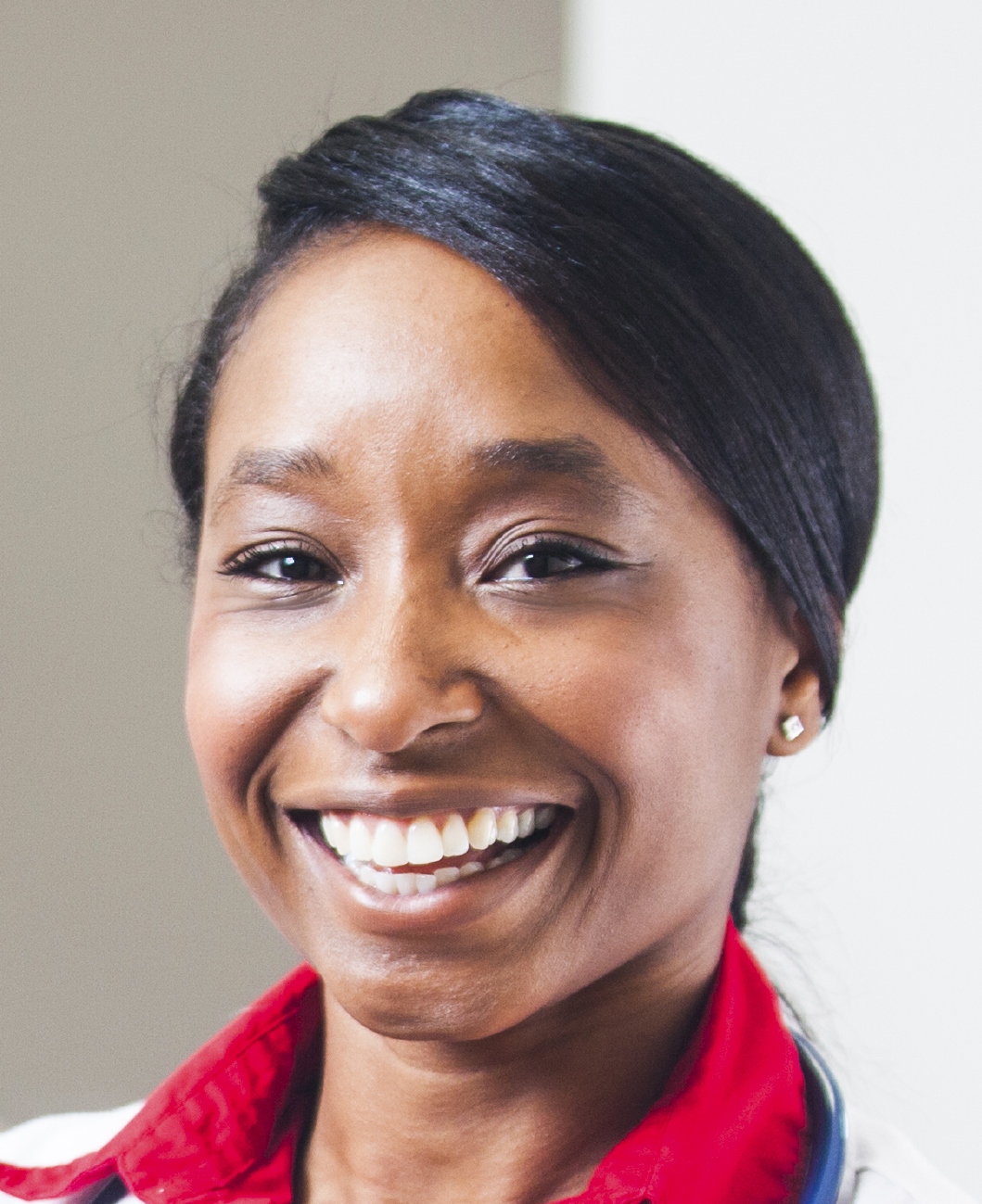
Carolyn’s Story
“I was first told that I had diabetes in the weeks following a kidney transplant. They noticed that my glucose levels were elevated when in the hospital and I was formally diagnosed at a clinic visit a week or so later. I had been seeing doctors regularly my whole life and this was a new diagnosis for me….” READ MORE OF CAROLYN’S STORY BELOW:
Read Carolyn's Story:
- How old are you and how long have you had diabetes?
I am 69 years old and have had diabetes for about 5 years.
- When were you first told you had diabetes?
I was first told that I had diabetes in the weeks following a kidney transplant. They noticed that my glucose levels were elevated when in the hospital and I was formally diagnosed at a clinic visit a week or so later. I had been seeing doctors regularly my whole life and this was a new diagnosis for me.
- What feelings did you have?
I took it in stride and didn’t get too upset. I knew that I had to focus on my kidney health and I was determined to get control of the diabetes, as well.
- What changes have you made to your diet and exercise because of diabetes?
I definitely watch what I eat more and try to exercise daily or at least a few times per week. I used to eat a lot of sweets and starch (for instance, mac and cheese or mashed potatoes), but not anymore. I try to eat more salads. This took some effort to “re-program myself”, but I find that now I have lost a taste for those other foods. I feel much healthier since I made this change.
- What advice would you give for someone with a new diagnosis of diabetes?
You have to control your emotions – because when you’re emotional, control goes down. Follow the diet that the provider gives you and take their advice. Be sure to exercise more and always take your medication.
- Anything else?
I was friends with an older woman with diabetes and I kept telling her to watch what she eats. She didn’t have good control of her diabetes and her sight has deteriorated to the point where she can’t drive. I used that as a motivation to make the difficult changes to diet and exercise that were needed for me.
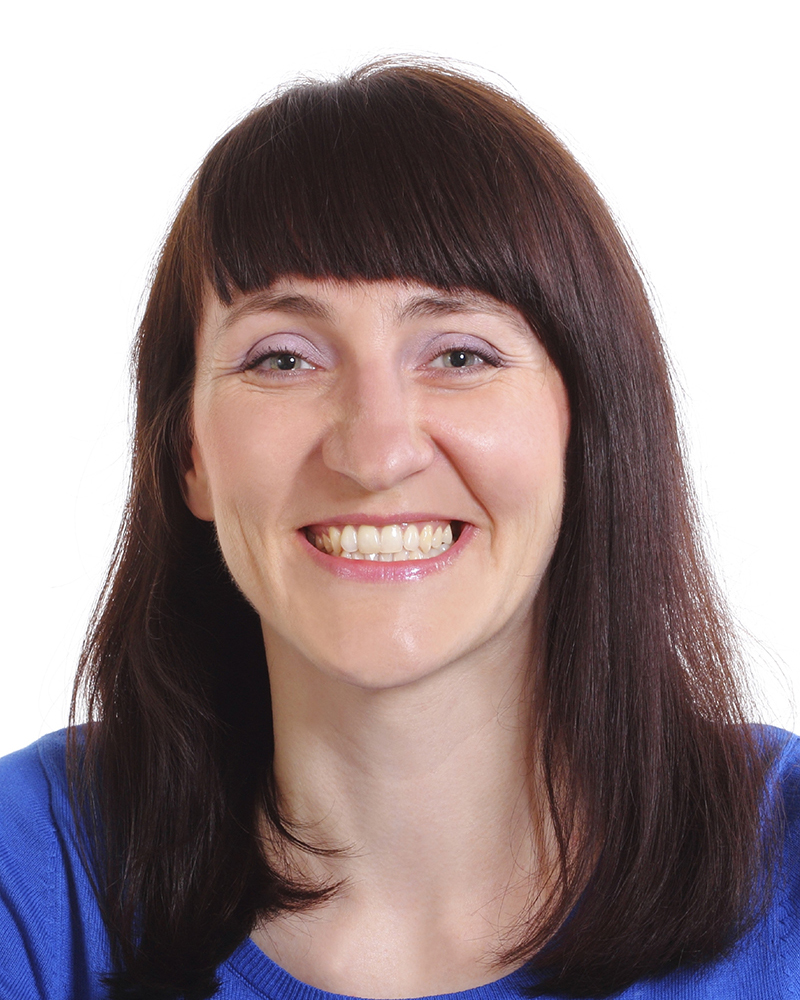
Maggie’s Story
“I was diagnosed with type 1 diabetes five days before my 13th birthday. I was at summer camp for 4 weeks and I had to go to the bathroom every 30 minutes. I remember drinking entire pitchers of water and lemonade. My mom came to visit and noticed that I had lost a lot of weight, and she took me to the doctor. I was diagnosed with type 1 diabetes immediately…” READ MORE OF MAGGIE’S STORY BELOW:
Read Maggie's Story:
1. How old are you and how long have you had diabetes? I am 26 years old and have had diabetes for about 13 years.
2. What can you tell us about your original diagnosis of diabetes?
I was diagnosed with type 1 diabetes five days before my 13th birthday. I was at summer camp for 4 weeks and I had to go to the bathroom every 30 minutes. I remember drinking entire pitchers of water and lemonade. My mom came to visit and noticed that I had lost a lot of weight, and she took me to the doctor. I was diagnosed with type 1 diabetes immediately.
3. How did that news affect you?
I was sad to leave the summer camp and I was overwhelmed with the learning. I was also stressed out because I was about to start high school. I don’t remember having any feelings about diabetes specifically. I was only scared because I had never seen my parents so upset and worried before.
4. Does anyone else in your family have diabetes?
No.
5. What changes have you made to your diet and exercise because of diabetes?
I grew up with diabetes, so I don’t know what I would be like if I didn’t have it. That said, nutrition and exercise were important to my whole family even before my diagnosis.
6. What kinds of medications do you take for diabetes?
I use the short acting insulin novolog via a t:slim insulin pump and I use a continuous glucose monitor (CGM).
7. What are the things that you like about using an insulin pump?
I like to be able to give myself small boluses to correct myself into range. With syringes, I would only be able to give 0.5 unit increment corrections. I also like to be able to bolus for seconds or thirds when I’m eating a meal!
8. What are the things you like about using the continuous glucose monitor (CGM)?
My CGM is my favorite piece of diabetes technology. I have my dexcom CGM connected to my Apple watch, so my blood sugar is always at my fingertips. I like to be able to know from my dexcom before my blood sugar is high or low so that I can take action in advance.
9. How well do you feel your diabetes is controlled?
I know that my diabetes is well-controlled from an A1c perspective. That said, I’m a very Type A person and if I see numbers outside of my target range it can be frustrating. I have to remind myself that I cannot perfectly simulate an organ that does not work.
10. Do you have any complications from diabetes?
No
11. How has diabetes impacted your everyday life?
Diabetes has impacted every part of my everyday life. I don’t remember what it was like to eat something without checking my blood sugar and thinking about carbs, and I don’t remember what it was like to go 20 minutes without thinking about my blood sugar! That said, I don’t think diabetes stops me from doing anything I would otherwise want to do.
12. Has diabetes impacted how you work?
As a pediatric diabetes nurse, I try to treat my patients how I want to be treated as a patient. I think the families I work with are comfortable with me because they know I’m familiar with what they’re going through. Many of the kids have never met another person with diabetes, and they are excited to meet another person with a pump and CGM.
13. What worries you the most about diabetes?
I worry more for my patients about the rising cost of healthcare and medication in the US. I worry that technological and pharmaceutical advances won’t be available to those who need them.
14. What advice would you give for someone with a new diagnosis of diabetes?
It gets easier! Once the learning curve is over, you will develop confidence in your abilities.
15. What advice would you give for parents who just found out that their kid has diabetes and are worried that their kid may not live a normal life or be able to get his/her dream job in the future because of diabetes?
I try to remind my patients to treat their kids with diabetes like regular kids. Diabetes is only one part of them, and shouldn’t be their identity as they grow up. Kids with diabetes are also athletes, artists, students, etc. I also think it’s important for kids and their parents to see adults and older kids who are thriving with diabetes.
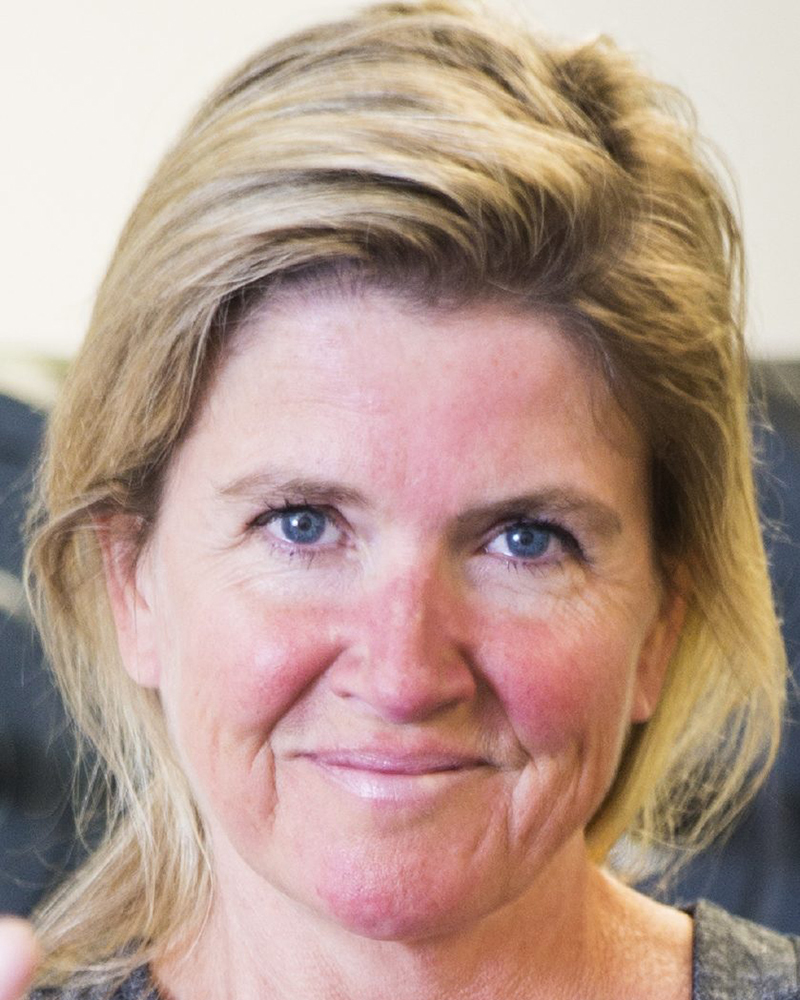
Kellie’s Story
“I was diagnosed with type 2 diabetes around age 50. I had gestational diabetes in my 20s and knew that I was at higher risk to develop type 2 diabetes eventually. Around the time of my diagnosis, I “felt funny”, with blurry vision and some confusion. My mother (who has type 1 diabetes) tested me with her glucose meter and the reading was over 300 mg/dl. My primary provider then checked labs which confirmed the diagnosis….” READ MORE OF KELLIE’S STORY BELOW:
Read Kellie's Story:
- How old are you and how long have you had diabetes?
I am 57 years old and have had diabetes for about 5 years.
- What can you tell us about your original diagnosis of diabetes?
I was diagnosed with type 2 diabetes around age 50. I had gestational diabetes in my 20s and knew that I was at higher risk to develop type 2 diabetes eventually. Around the time of my diagnosis, I “felt funny”, with blurry vision and some confusion. My mother (who has type 1 diabetes) tested me with her glucose meter and the reading was over 300 mg/dl. My primary provider then checked labs which confirmed the diagnosis.
- Does anyone else in your family have diabetes and what was their experience?
Both of my maternal grandparents have type 2 diabetes. My mother had type 1 diabetes from an early age. I also have several maternal aunts with diabetes. Some family members died young from complications related to diabetes. On the other hand, my mother has very good control and minimal complications.
- How did that news affect you?
Initially, I was in denial. I felt helpless and hopeless. However, my mother provided a lot of support and as I got used to the lifestyle changes, I felt more “in control” and was able to accept it. It look a long time to adjust, but now I am much more comfortable with my diagnosis.
- What changes have you made to your diet and exercise because of diabetes?
I have always been someone that walks and keeps busy (I volunteer at an animal shelter). Diet was the largest change. I’ve learned to plan meals better, knowing when and what I’ll eat (in terms of carbs), which I never had to do before.
- How has diabetes impacted your everyday life?
I need to check glucose when I feel “funny”, which can be intrusive. Now that I’m taking diabetes medications, I have to consider what I eat more closely. I have to adjust insulin when feeling sick. Sometimes when I’m not really hungry, I have to eat to avoid hypoglycemia.
- What worries you the most about diabetes?
Heart disease risk is my biggest concern. A close second is the risk of hypoglycemia, especially if it were to happen when I’m alone.
- What do you wish people knew about diabetes?
It’s a lifestyle change – it impacts every part of your life (medications, meals, etc). If you can realize this earlier on, you’ll get under control much more quickly.
- What advice would you give for someone with a new diagnosis of diabetes?
Learn as much as you can. Don’t give up: you CAN get in control, but you don’t always see it at first.
